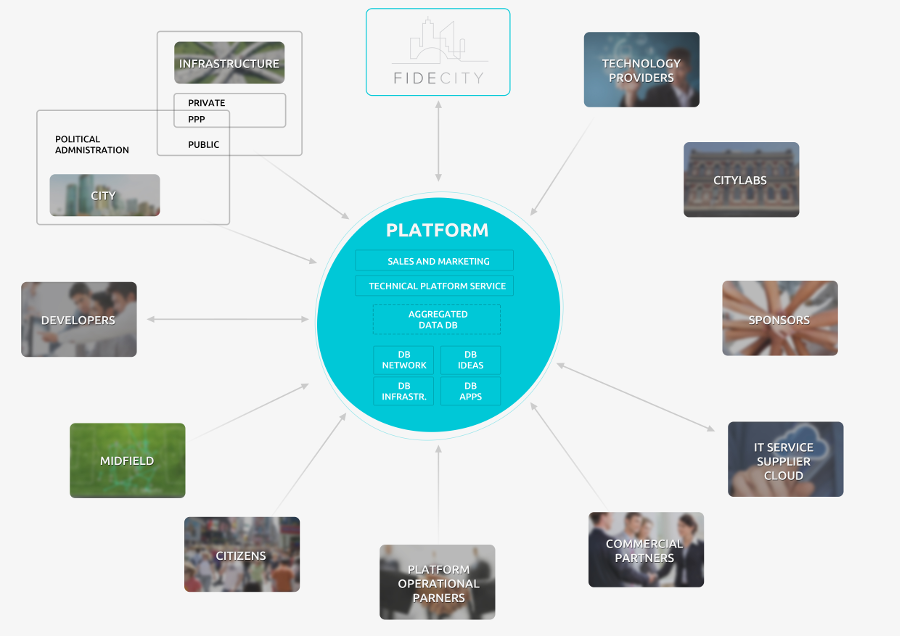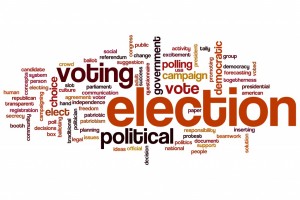Cities have to balance the social, economic and environmental needs of present and future generations. Fidecity has worked out an executable process based on the General Framework of urban decision making (UN HABITAT 2001, Kingston et al. 2005, Schrenk et al. 2011)
The first step (step 1) is measuring the key parameters for your city. Open Data about your city could already be available but the information from the social networks to find out what citizens find important are highly likely lacking. Citizen engagement and buy-in and consequently the adoption of smart services are critical factors for the smart city initiatives.
The city need to act as a trusted partner (Step2) for their local businesses and citizens. Based on the required skills, the involvement of the local partners (ecosystem) will be key. To avoid that there will be useless discussions between partners and city council, the value propositions for each of the partners need to be defined. In other words, it does not help to build smart city associations without defining the value proposition for the members and the role of the city. The city needs to put a new governance system in place to overcome a typical silo’d approach used in cities.
In step 3 the ecosystem partners who can contribute to the city plan are identified. Fidecity has defined a business model framework for a digital platform in a city to keep such ecosystem alive. A key element in the business model is that a value proposition for each of the ecosystem partners will be created.
Step 4 is an important step as it’s a lot more easy to bring the partners together but far more difficult to keep the partner-city ecosystem alive. Therefore this is a critical step to maintain a long term partnership between city and local ecosystem.
Step 5 is required to objectively assess the plan (KPI’s or key performance indicators). In fact, Step 1 requires political will to change the city for the better. The last step is also political, but here it are the citizens that will decide how successful their politicians have been. There are more and more examples were politicians are not focused enough on their citizens and their social networks and as a result fail in their re-election.







